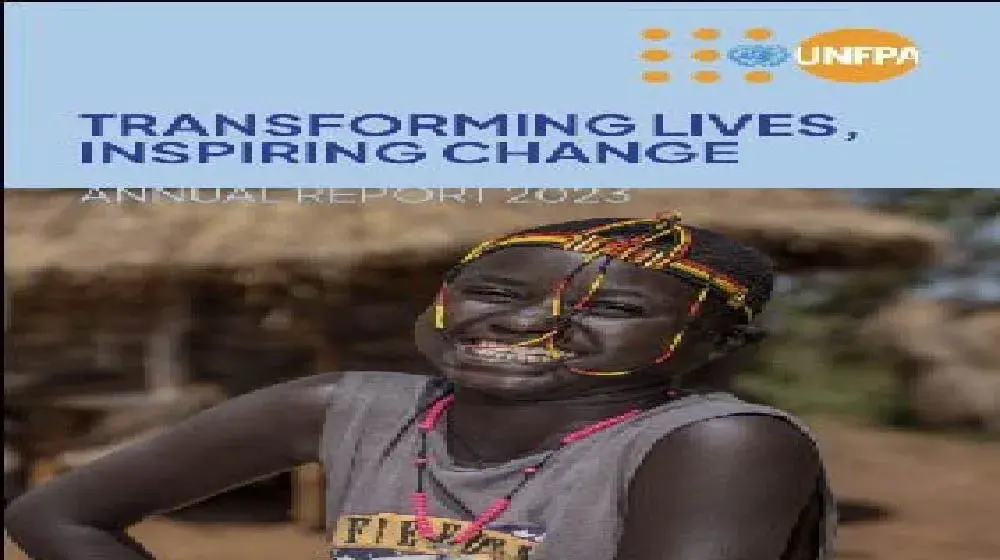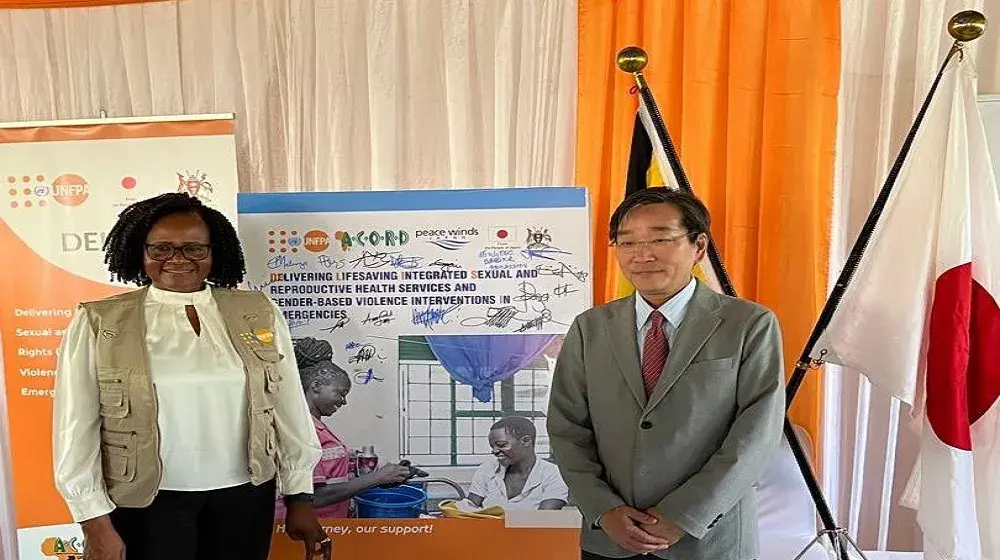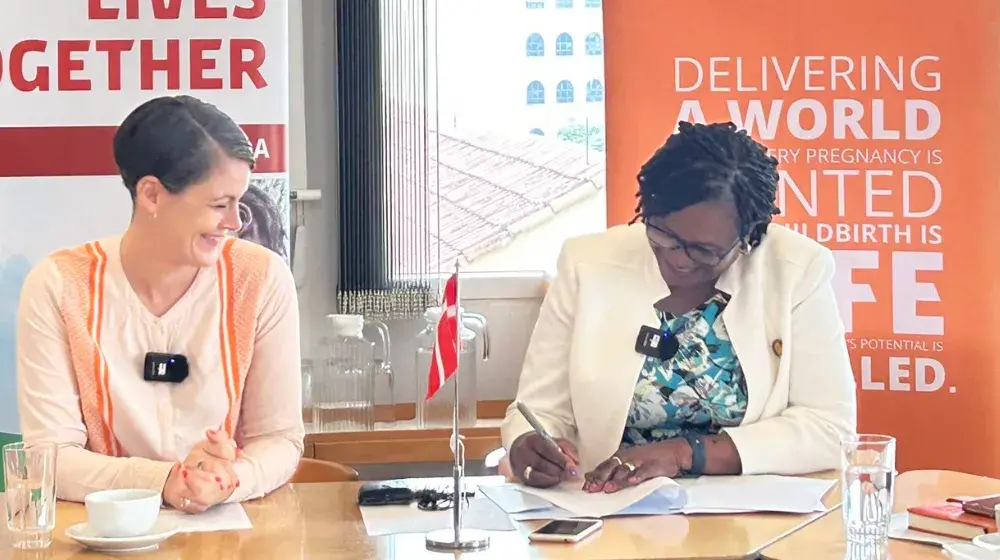Sister Atiku Catherine is a midwife working in Ara Health Center III Moyo district. She was very excited to share her story following an experience from integrated community outreaches organized by the Ministry of Health, with support from UNFPA.
“The magic of outreaches has made my work easy,” said Sr. Catherine as she rushed to pick her records book.
“We are seeing an increase in the number of family planning consultations and uptake in the district,” she said.
With support from The Embassy of Netherlands, these community outreaches are implemented through the ANSWER programme with an objective of advancing sexual and reproductive health and rights in 14 districts in the West Nile and Acholi sub-regions in Uganda.
The community outreaches offer an integrated package of services, including health education, family planning, HIV/STI screening and testing, vaccinations, antenatal and postnatal care, gender-based violence risk and response assessment among others. The intervention aims to increase accessibility and uptake of sexual and reproductive health and rights (SRHR) services by taking services closer to communities who would otherwise not have access due to hard-to-reach settings.
The programme targets women, girls, boys and men, including disadvantaged and vulnerable populations with specific focus on maternal health, family planning, and prevention of gender-based violence including teenage pregnancy and early marriages.
“Before the outreaches were started, it would take a week with no mother consulting on family planning methods. But today, in a week, I receive on average 10 women including adolescents and youth who are seeking guidance on how to avoid pregnancy and child spacing,” said Sr. Catherine.
She noted that the number of mothers accessing family planning increased by three-fold in six months.
“Initially, we saw only married women turning up for family planning counseling. But today we are seeing adolescents and youth, some coming in as couples, which had not been the case in the community.”
According to the In-charge Ara Health Centre III Mr. Ibrufua Joseph, up to 100 adolescent and youth including women attended health services seeking HIV counseling and testing. He added that many were also enrolled on family planning.
The assistant District Health Officer (Maternal Health) Adjumani district Sr.Pauline Idia also expressed gratitude towards the support through the integrated community outreaches saying the level of condom use had gone high compared to the past.
“And for us as health workers this did encouraging,” said Sr. Pauline.
“The outreaches have increased peoples understanding on the benefits for the use of condoms. In Dzaipi for instance, the use of condoms has increased and I fondly believe this has averted teenage pregnancies compared to the last years,” said Dema Hebert in charge Ariwa Health Centre III in Yumbe district.
Youth at Dzaipi HCIII also expressed gratitude over the condom distribution.
“Maybe if the family planning services including condom distribution were not organized at Dzaipi I would have dropped out of school. During the COVID-19 lockdown, two of my friends got pregnant because they did not have information. I was lucky that I attended outreaches which were popularized on radio. I wanted to know how to avoid teenage pregnancy because I have a boyfriend,” said 17-year-old Zaitun.
According to Sr. Catherine, some of the women who visit outreaches have experiences of how their husbands, clan and community demand them to bear children year in, year out but they do not receive the same support in raising the children by providing basics. The issue of dowry also liggers in that once a woman is married, she is expected to bear enough children to compensate all the dowry.
“Whereas we are experiencing these success stories a few challenges women and girls still face difficulty making decisions without threat and stigma from spouses and community members for their choice to use family planning as a method of child spacing,” she said.
Written by Judi Erongot





